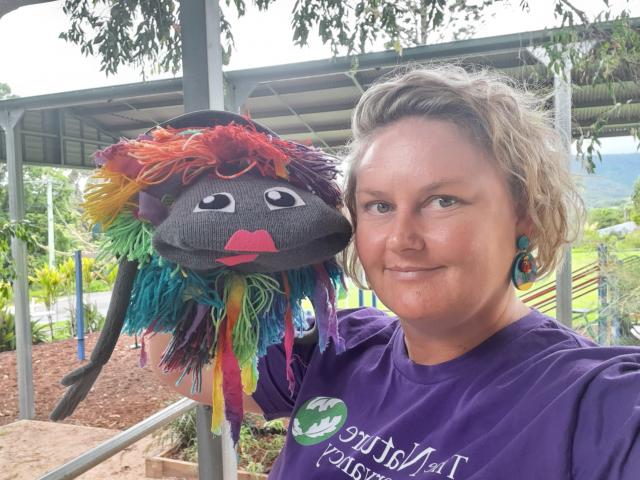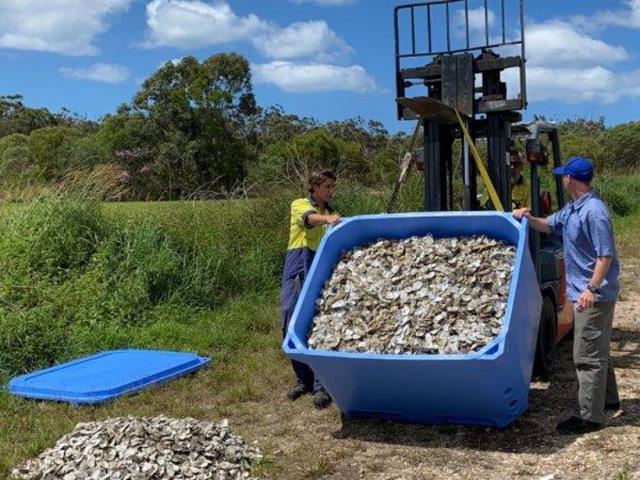Over 100 years ago, oyster beds were common throughout the Noosa estuary.
There is still evidence of those beds today.
Unfortunately, by the early 1900s, Noosa’s oyster beds had become functionally extinct. This drastic habitat change contributed to declines in local fish stocks such as snapper, bream and mullet.
The story is no different for the southern coast of Australia and globally, where 85 per cent of oyster-dominated shellfish ecosystems have become extinct as a result of overharvesting, disease, and poor water quality.
The Nature Conservancy, Noosa Shire Council and the Noosa community together with support from the Thomas Foundation, the Australian Marine Conservation Society and the Australian Government are working together to rebuild oyster beds and reefs in the Noosa River.
The project will improve habitat for fish and marine life, filter the water, and help to keep Noosa’s much-loved estuary clean and clear for locals and visitors to enjoy.
On Friday 25 March 25, Megan Connell, Queensland Ocean Programs Coordinator for The Nature Conservancy, will update the Friday Environment Forum on the progress of the Noosa Oyster Ecosystem restoration project and will include information on the process so far, how the community engagement activities are progressing and the reef construction process.
Come along to the Noosa Parks Association Environment Centre, 5 Wallace Drive, Noosaville on 25 March where the forum starts at 10.30am and coffee is available at 10am. Covid-19 protocols will be in place and attendees need to be double vaccinated. Pre-registration is required. Visit noosaparks.org.au/friday-environment-forum/ for the registration link. Join the bird observers at 8.30am in the carpark for interpretive birding.









